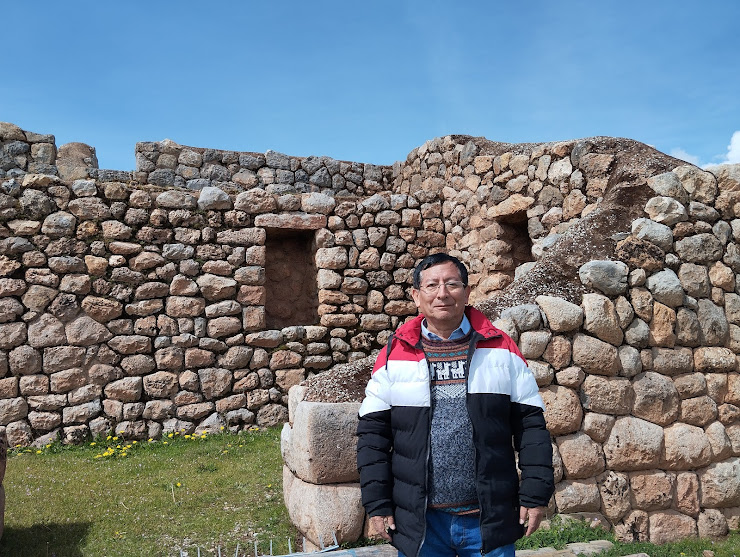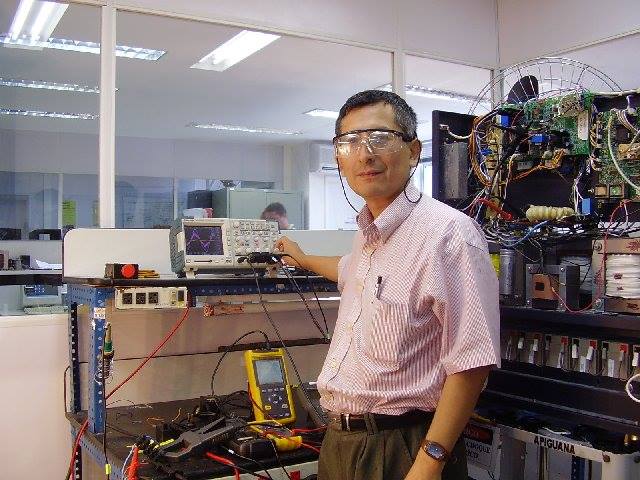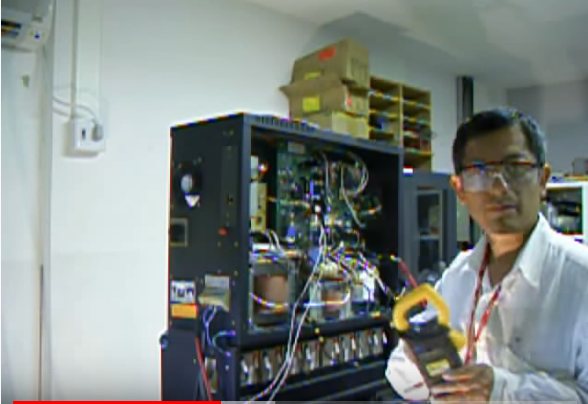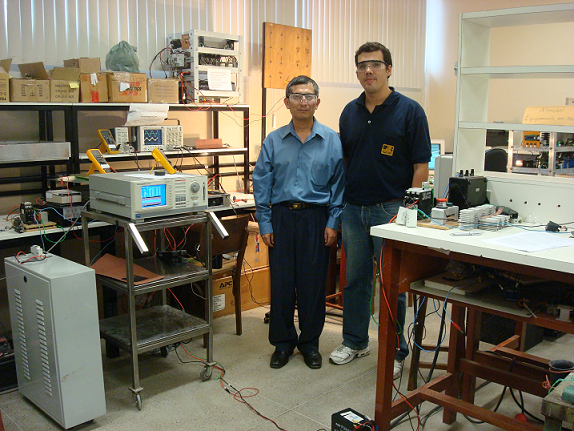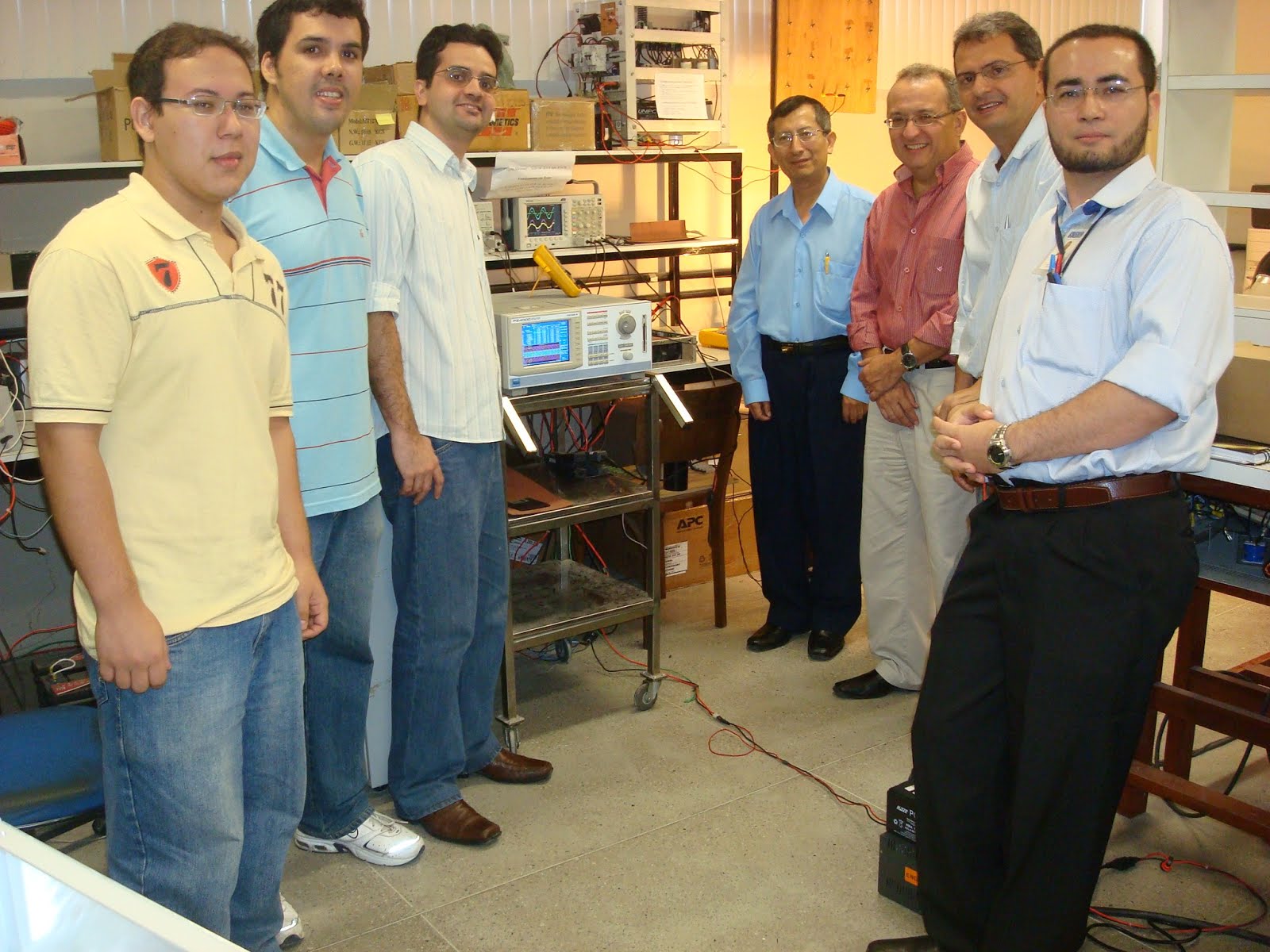Tutorial. M.: 1980. - 271 p. The book consists of two parts: linear electrical circuits and non-linear electrical circuits. Methods of analysis and synthesis, as a rule, are accompanied by calculation algorithms and illustrative examples. For clarity, the material is presented mainly in the form of tables. Designed for students of electrical engineering specialties of universities.
terça-feira, 8 de agosto de 2023
Tatur T.A. Fundamentals of the theory of electrical circuits-Татур Т.А. Основы теории электрических цепей
Tutorial. M.: 1980. - 271 p. The book consists of two parts: linear electrical circuits and non-linear electrical circuits. Methods of analysis and synthesis, as a rule, are accompanied by calculation algorithms and illustrative examples. For clarity, the material is presented mainly in the form of tables. Designed for students of electrical engineering specialties of universities.
VIEW FULL TEXT DJVU FORMAT:
VIEW FULL TEXT PDF FORMAT:
segunda-feira, 7 de agosto de 2023
A Study on the Economic Impacts of Fuel Cell Bus Development and the Importance of Fuel Cell Bus Supply Expansion Policy -By-Hyun Seok Park Graduate School of Management of Technology Pukyong National University
A Study on the Economic Impacts of Fuel Cell Bus Development
and the Importance of Fuel Cell Bus Supply Expansion Policy
Hyun Seok Park
Graduate School of Management of Technology
Pukyong National University
Abstract
The transition from "Carbon Economy" to "Hydrogen Economy" heralds an
innovative change worldwide. The hydrogen economy refers to an economic
industrial structure that uses hydrogen as a major energy source. Korea has
also announced a roadmap to vitalize the hydrogen economy to take the lead
in these changes. Korea plans to build an industrial ecosystem that can lead
the global hydrogen economy with its strengths of "Fuel Cell Electric Vehicles"
and "Fuel Cells" as the two pillars. Examining the degree of social acceptance
of this new innovation, the goal of supplying fuel cell electric vehicles, it is
estimated that it is in the process of moving beyond early adopters to early
majorities. In order for the hydrogen economy to vitalize, it must pass ‘The
Chasm’, a discontinuous surface of social acceptance, and a plan is needed for
it.
This paper attempted to derive policy implications necessary for vitalizing the
hydrogen economy. What is particularly noteworthy is that the development of
fuel cell buses and the supply of fuel cell buses contribute greatly to the
vitalization of the hydrogen economy. Therefore, the purpose of this study is
to present the economic impact of fuel cell bus development and to show the
priority among the policies supplying fuel cell bus. As a research method, an
input-output analysis was performed to present the economic impact, and a
analytic hierarchy process was performed to show the priority among the
policies supplying fuel cell bus.
This study by input-output analysis redefines the fuel cell bus industry based
on the 2018 input-output table and calculates the production, value-added, and
employment induction effects caused by exogenous specification and analyzes
the forward and backward linkage effects. According to the analysis results,
the production induction effect caused by the fuel cell bus is 0.704, the
value-added induction effect is 0.267, and the employment induction effect is
estimated as 2.944 people/billion won. Moreover, out of the total 34 industries,
the forward linkage effect is ranked 17th and the backward linkage effect is
ranked 13th, which is analyzed as an industry with a strong intermediate
property in both the forward and backward.
This study by analytic hierarchy process expressed the support policy for the
distribution of fuel cell buses as an AHP hierarchical diagram. And, the survey
was conducted on busan metrobus company. For analysis, 'Expert Choice
2000', a specialized program, was used. As a result of the analysis, 45.8% of
"supporting the supply of hydrogen charging stations", 34.0% of "supporting
the supply of fuel cell buses", 12.5% of "technology advancement", and 7.7% of
"institutional support". It can be seen that busan metrobus company evaluated
"supporting the supply of hydrogen charging stations" as the most important.
The results of this paper are expected to serve as policy guidelines for the
expansion of the fuel cell bus industry, and the expansion of fuel cell bus
supply is expected to serve as an important trigger for revitalizing the
hydrogen economy.
VIEW FULL TEXT ORIGINAL LINK:
domingo, 6 de agosto de 2023
Fundamentals of the theory of circuits Authors: G.V. Zeveke, P.A. Ionkin, A.V. Netushil, S.V. Strakhov.-Основы теории цепей. Авторы: Г.В. Зевеке, П.А. Ионкин, А.В. Нетушил, С.В. Страхов.
Fundamentals of the theory of circuits Authors: G.V. Zeveke, P.A. Ionkin, A.V. Netushil, S.V. Strakhov. 5th edition, revised. (Moscow: Energoatomizdat, 1989)
Fundamentals of the theory of circuits Authors: G.V. Zeveke, P.A. Ionkin, A.V. Netushil, S.V. Strakhov
VIEW FULL TEXT ORIGINAL LINK:
sábado, 5 de agosto de 2023
Analysis of dynamic performance and compatibility of electric bus based on real-road data by Yu, Tae Hyun- Major of Mechatronics Engineering Department of Mechatronics Engineering Graduate School Korea University of Technology and Education
Analysis of dynamic performance and compatibility of electric bus based on real-road data BY Yu, Tae hyun Major of Mechatronics Engineering Department of Mechatronics Engineering Graduate School Korea University of Technology and Education
ABSTRACT
Many countries around the world are regulating the exhaust gas
emission of internal combustion engine vehicles. Along with the spread
of support policies for the introduction of eco-friendly vehicles, they
try to replace conventional internal combustion engine buses with
electric buses in large cities.
Buses using electricity have a simpler structure and fewer parts
than an internal combustion engine, so they are highly reliable and
require fewer maintenance elements. In addition, they do not emit
pollutants because they use electricity as power. They have low noise
and vibration, so they are easy to apply to big city bus routes. In
addition, energy price is cheaper than diesel or CNG, and energy
consumption efficiency is also high. However, it takes long to charge
the battery, and the replacement cycle is relatively short as well as it
is expensive. Accordingly, studies on the application of electric buses
to bus routes in large cities are being continuously studied.
In this paper, it was analyzed whether large electric buses are
suitable for application to bus routes in large cities with congested
traffic. To this end, a vehicle simulation model was established based
on the component parts and vehicle specifications of the electric bus.
Then, the basic power performance of the applied electric bus was
analyzed through the established vehicle simulation model. In addition,
the actual vehicle correlation verification of the vehicle simulation
model established through the chassis dynamometer actual vehicle test
was performed.
For the analysis of the suitability of electric buses for bus route
operation in large cities, a vehicle simulation scenario was established
based on the actual road data of the Bangkok in Thailand. Through
the verified vehicle simulation model, the suitability of operation of the
Bangkok city route in Thailand was verified, focusing on the electric
energy consumption efficiency of the electric bus and the mileage per
charge.
It is expected that the simulation model for verifying the applicability
of the electric bus in this paper will be very useful in examining the
applicability of the electric bus on the bus routes in large cities.
Assinar:
Postagens (Atom)








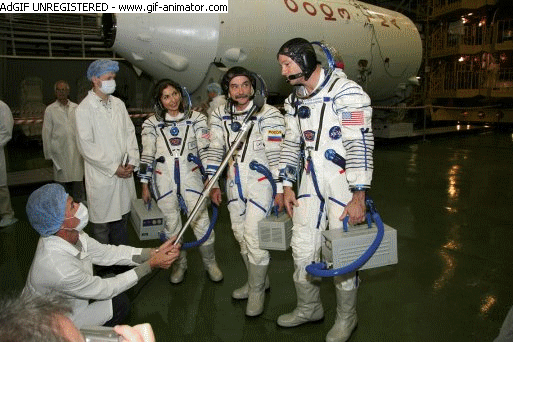






















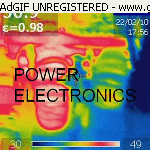




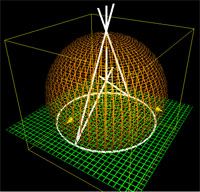


 JOSIL ARTISTA PLASTICO FORTALEZA CEARA BRASIL AV.HERACLITO GRAÇA 41 TEL(85)32542378
JOSIL ARTISTA PLASTICO FORTALEZA CEARA BRASIL AV.HERACLITO GRAÇA 41 TEL(85)32542378